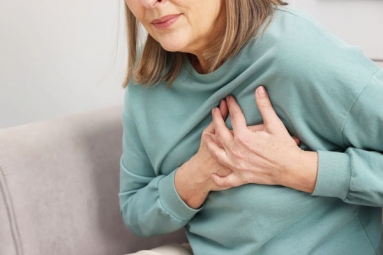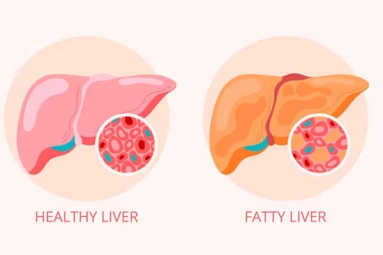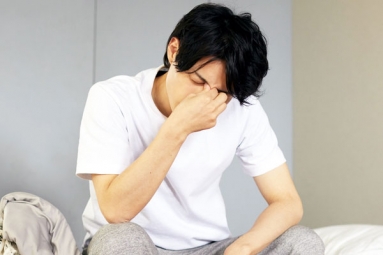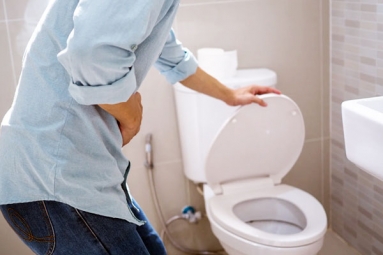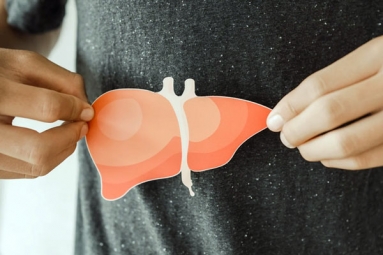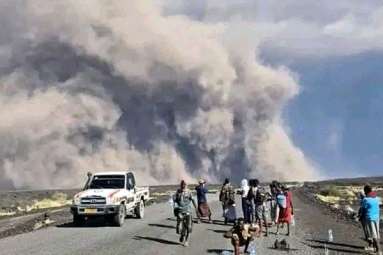COVID-19 Recovery: 10 Things you must do after getting Discharged from Hospital
September 23, 2020 15:52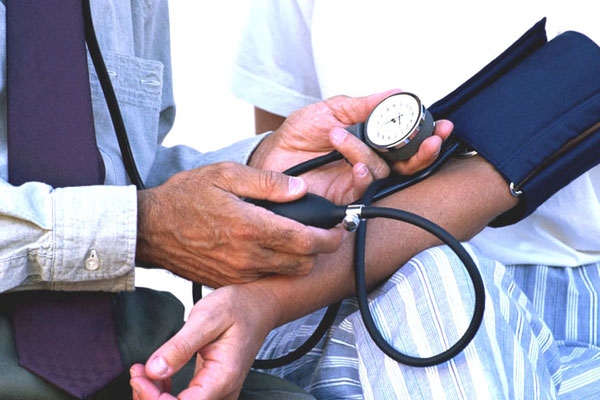
Some of the patients recovered from COVID-19 infection are reporting oxygen saturation levels after the discharge from the hospital.
The novel coronavirus is known to attack the endothelial cells that result in blood clotting.
Research suggests that the patients recovered from COVID-19 have reported at least one symptom and have approached the hospitals.
Some of the patients even came to the hospital reporting a heart attack or stroke after recovering from COVID-19.
The coronavirus pandemic has hit the world very hard and at least 960,000 people have succumbed to the virus across the globe.
According to the health experts, many patients have developed issues like organ damage as comorbidity and had to stay in the ICU for prolonged hours or even days after recovery.
A study was conducted in Italy which showed that at least 85 percent of people who recovered from COVID-19 have come back to the hospital with one or the other symptom, especially fatigue and difficulty in breathing.
These patients are being kept in the hospital for at least 10 days and are being discharged after they become completely well.
Some patients are even resorting to emergency ward reporting issues like fibrosis and pneumonia.
Post-COVID Syndrome
Now that we understand COVID-19 slightly better, we need to start looking at the post-COVID rehabilitation which is a must as 85 percent of the recovered patients are coming back to their hospitals.
The long and short term impact of COVID-19 on a person even after recovery is called Post-COVID syndrome.
In this phase, the patients come back to hospitals with symptoms such as lethargy, itchy throats, and body aches four to six weeks later.
Patients are also seen to be having psychological impacts due to this infection leading to depression and anxiety.
It has become the point of utmost importance to monitor such cases to have a proper rehabilitation plan to be in place to monitor future cases.
According to the medical and health experts, the extent of the post-COVID syndrome would likely be dependent on the extent of infection the patient has suffered.
Other factors such as smoking, advanced age, diabetes, hypertension, and other chronic conditions further worsens the symptoms.
Moreover, it has been observed that both men and women are reporting the same post-COVID symptoms.
However, the incidence of post COVID stress is seen mostly among men than in women.
What COVID-19 recovered patients need to do?
There are certain things that medical experts have to do to ensure they return to normalcy after contracting the coronavirus infection.
● Check the blood oxygen levels daily using the oximeter and the reading should be greater than 94%.
● Check for the worsening symptoms like cough and breathlessness and other respiratory illnesses.
● Look for any persistent rise of the body temperature above 100F.
● Be watchful of the signs like lethargy, fatigue, or drowsiness.
● If you are diabetic, regular monitoring of the blood sugar is needed. COVID-19 infections triggers the blood sugar levels in the body.
● Strict monitoring of the health at least once in three days and regular consultation with the doctor is needed.
● Regular blood pressure monitoring for hypertension patients is required to avoid any accelaration in the pressure.
● Have a follow-up consultation with your doctor after 7 days of discharge.
● Do the blood investigations like CBC and CRP if your doctor advises.
● Repeat the CT scan of the chest after 3 months of recovery to check the state of the lungs.
What happens if you skip these tests?
● Blood vessels may leak or even your blood may start clotting.
● Blood pressure may fluctuate and the organs could start to fail.
● Patients may get into cytokine storm and could attack the lungs.
● Secondary complications like fibriosis, pulmonary embolism, liver disynfection, renal failure and others.
- By Gayatri Yellayi







